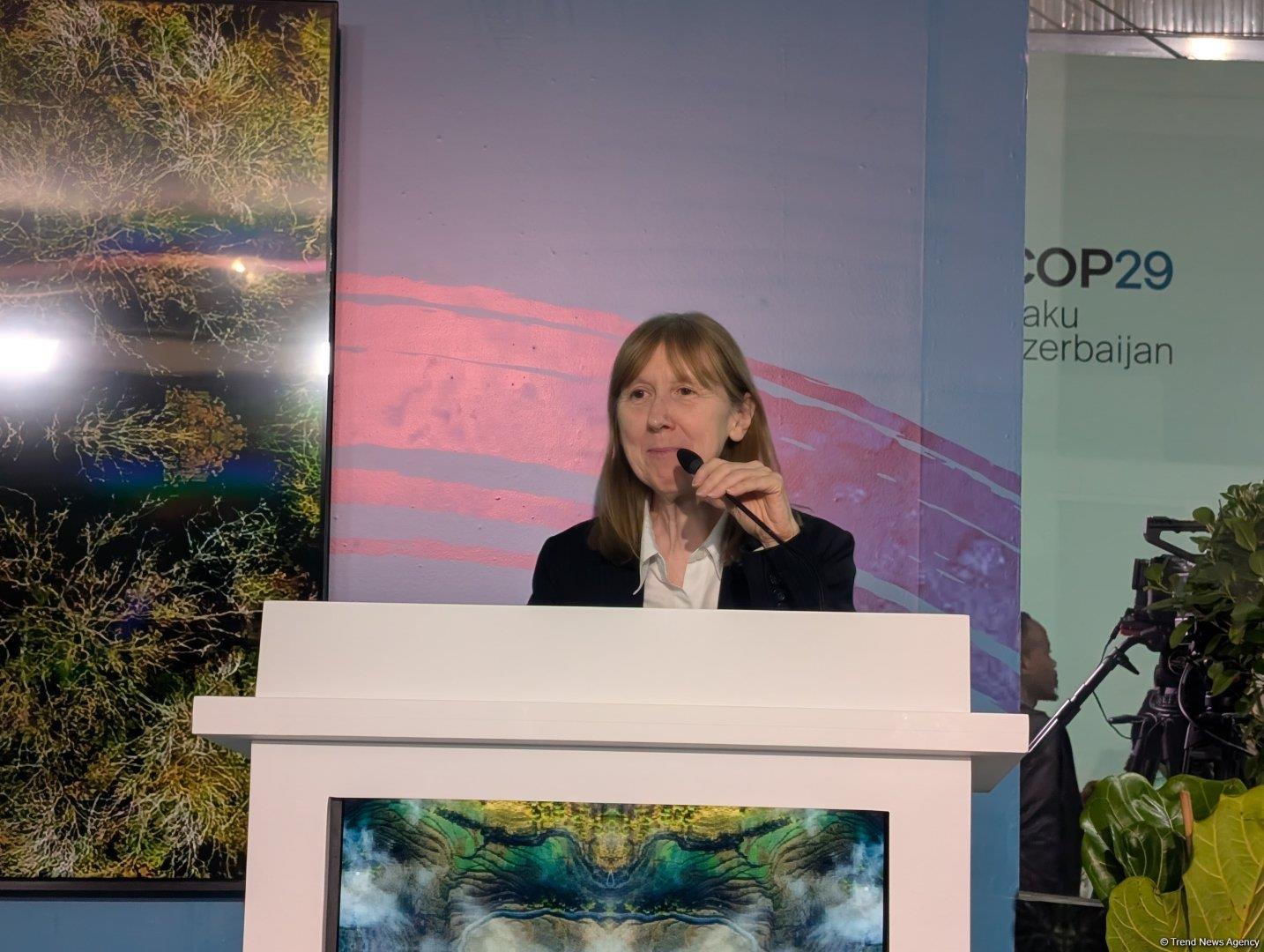
World Bank Unveils Bold Plans For Energy Reform In Europe, Central Asia At COP29
At a panel discussion on the sidelines of COP29 in Baku, Bassani highlighted the vulnerabilities of the current energy system in the ECA region and the critical need for transformation.
"Surging natural gas and electricity prices impacted consumers, disrupted energy-dependent sectors, and hit vulnerable households, particularly households in the region where energy poverty remains high," she said.
On energy efficiency, the VP added, "The Energy Efficiency Program, which is trying to address issues on the demand side, is a 10-year multi-country, multi-phase initiative, which will provide about $1.5 billion in World Bank funding and is expected to raise, at least initially, $2.5 billion from the public, private, and development sectors".
She pointed out that Central Asia, although less dependent on gas imports than Europe, has faced severe challenges. "Central Asia also faced its own crisis, with severe power and heating shortages during the winter of 2022 and 2020, stemming from chronic underinvestments and one of the harshest winters," she explained.
The region's energy profile remains a concern. "Today, the region is home to some of the world's most energy-intensive countries, and less than 10% of electricity generated comes from renewable sources in several countries in the region," Bassani said. "These challenges underscore an urgent priority for the region in its pursuit of energy security, affordability, and sustainability, and that is reducing the reliance on imported fossil fuels, while accelerating investments in renewable energy and energy efficiency".
Bassani emphasized the momentum for change, noting, "The region is on the right path to transform its energy mix and accelerate the energy transition. Nine ECA countries have committed to achieve carbon neutrality by 2050-2060, while 18 countries pledged at the COP28 in Dubai last year to triple their capacity of renewable energy and double their annual rate of energy efficiency improvement by 2030".
Reaching these ambitious goals will require substantial investment and collaboration. "Reaching these goals will require a significant scale-up in the deployment of renewable energy and energy efficiency, calling for very significant investment and a critical role for private sector investment," she stressed.
To address these needs, the World Bank has launched two major initiatives. "Earlier this year, we have launched two programs. One is to scale up energy efficiency in the region, and the second is to scale up renewable energy also in the countries in the region," Bassani shared. "The Renewable Energy Multi-Phase Program, covering multiple countries, is providing about $2 billion to start, and this is expected to mobilize about $6 billion in private investment in clean energy and will catalyze opportunities for co-financing on concessional terms from other development partners".

Legal Disclaimer:
MENAFN provides the
information “as is” without warranty of any kind. We do not accept
any responsibility or liability for the accuracy, content, images,
videos, licenses, completeness, legality, or reliability of the information
contained in this article. If you have any complaints or copyright
issues related to this article, kindly contact the provider above.


















Comments
No comment